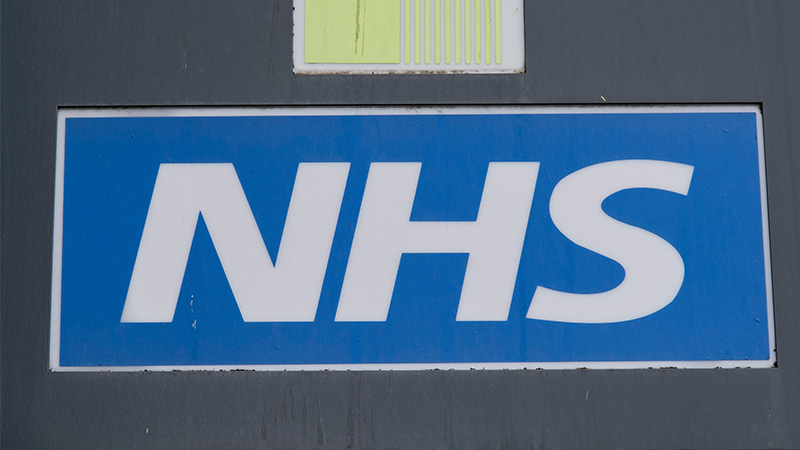Thousands of patients are stranded on wards while corpses are being left to decompose.
Increased funding and extra staff have not stopped the U.K. National Health Service (NHS) from failing to treat more patients. Annew internal review has found that thousands more people end up trapped on hospital wards, in turn preventing bedspace from becoming available.
Despite a £20 billion (€2.3bn) increase in funding, productivity is still lower than it was before the COVID pandemic. Only a disappointing number of routine treatments are being carried out—disappointing not least because the NHS waiting list stands at more than 7.5 million.
The review said that low efficiency is being driven largely by the rising rate of delayed discharges; the total number of people stuck in hospital for more than three weeks is now 15% higher than pre-pandemic levels.
Rather than knuckle down and consider how to turn this around, officials have decided (as always) to engage in a blame-game. The government is trying to push aside claims it needs to do more about social care by insisting instead that “the NHS would need to make sure it’s done everything within its gift before making those wider arguments about where else the problem is.”
Officials are also having to confront serious complaints around GP waiting times, inadequate storage facilities at mortuaries—meaning bodies are being left to decompose—and far-from-adequate maternity treatment. On the last of these fronts, an inquiry this week complained that poor maternity and postnatal care is “all-too-frequently tolerated as normal.” MPs said they were told “harrowing” stories by women about stillbirth, premature birth, or having a baby with cerebral palsy because they were deprived of oxygen during labour.
All this in what Prime Minister Rishi Sunak boastfully describes as the “second most powerful country in the world.”
Also this week, whistleblowers with patient safety concerns have pointed to measures used by NHS bosses which are “designed to break you.” Following an investigation, The Daily Telegraph revealedthat “many doctors who have decades of expertise in their field and distinguished careers are reduced to depression and suicidal thoughts by the situation they find themselves in” after trying to raise complaints.
Some sign non-disclosure agreements, enabling them to return to work if they promise to keep their mouths shut, others try to fight back through the High Court or employment tribunals, and others leave the NHS for private hospitals or quit the medical profession altogether.
In the possible understatement of the year, a representative of the NHS Confederation said “clearly the NHS has further progress to make,” but added that it was up to the government to “wake up to the scale of the population’s health problems.” If in doubt, blame the patients. Physician, heal thyself!


